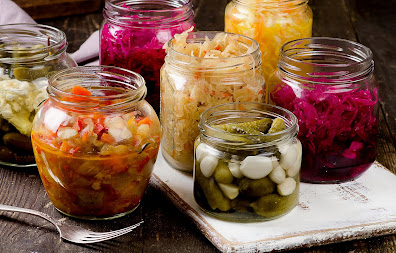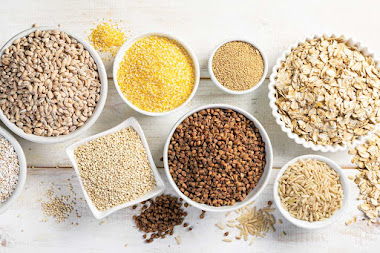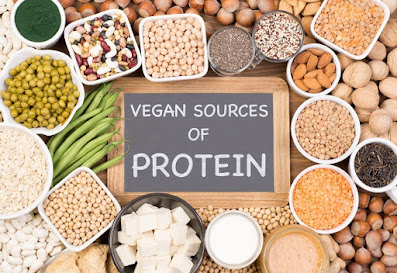MICROPLASTICS, THE INVISIBLE MENACE

MICROPLASTICS, THE INVISIBLE MENACE A new study finds plastic accumulation in food may be underestimated. A new study has found plastic accumulation in foods may be underestimated. There is also concern these microplastics will carry potentially harmful bacteria such as E. coli, which are commonly found in coastal waters, up the food chain. Researchers from the University of Portsmouth tested a theory that microplastics covered in a layer of microbes (called a biofilm) ) were more likely to be ingested by oysters than clean microplastics. Although the experiment was carried out on oysters under laboratory conditions, scientists believe similar results could be found in other edible marine species that also filter seawater for food. Up until now, studies to test the impacts of microplastics on marine life have typically used clean, virgin microplastics. However, this is not representative of what happens to microplastics in the marine environment. Microbes readily colo...









